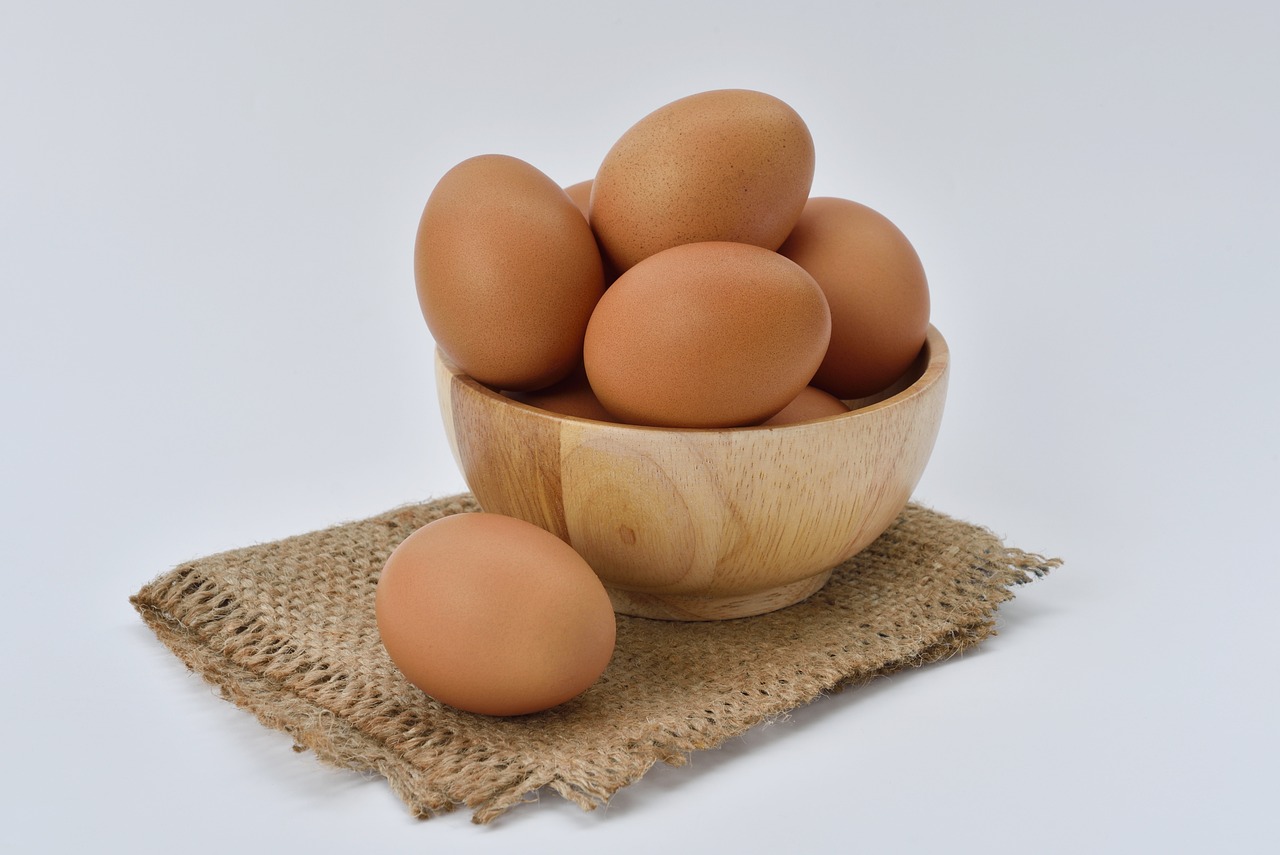8 Signs That You Are Not Getting Enough Protein

8 Signs That You Are Not Getting Enough Protein
Protein is a fundamental nutrient that plays an essential role in almost every function within the body. Protein is necessary for overall health, from building and repairing tissues to producing enzymes and hormones. However, many people unknowingly suffer from protein deficiency, which can lead to a host of health problems. This article explores the signs that you may not be getting enough protein.
8 Common Signs of Protein Deficiency
Muscle Weakness and Loss
One of the most noticeable signs of protein deficiency is muscle weakness or loss. Protein is a vital component of muscle tissue, and inadequate intake can lead to muscle wasting, also known as sarcopenia. It usually develops due to the natural ageing process.
According to research, muscle loss can begin as early as age 30 and accelerate with age if protein intake is insufficient. Some signs of muscle loss are; increased susceptibility to injuries or strains, difficulty lifting objects or performing tasks that used to be easy.
Edema (Swelling)
Protein helps maintain the balance of fluids in your body by keeping them in your blood vessels. A protein deficiency can disrupt this balance, leading to fluid accumulation in tissues, a condition known as edema.
Edema often presents as swelling in the hands, feet, ankles, and abdomen, puffiness around the eyes, and unexplained weight gain. This happens because proteins, especially albumin, help prevent the leakage of fluids from blood vessels into surrounding tissues. When protein levels drop, fluids can accumulate outside the blood vessels, causing swelling.
Hair, Skin, and Nail Problems
Protein is essential for the growth and repair of cells, including those that make up your hair, skin, and nails. A lack of protein can lead to hair thinning, dry skin, and brittle nails. Hair contains a protein called keratin, and insufficient protein intake can cause hair to become weak and brittle. Similarly, the skin may lose its elasticity and glow, becoming dry and flaky. Nails, which are composed of protein, can become brittle and prone to breakage.
Increased Appetite and Cravings
If you are constantly hungry or craving high-protein foods, it might be a sign that your body needs more protein. Protein plays an important role in satiety, the feeling of fullness after eating. It helps regulate hunger hormones such as ghrelin, which can influence your appetite. When protein intake is low, your body may crave more food, particularly high-protein foods, to compensate for the deficit.
Poor Immune Function
Protein is vital for a healthy immune system. Antibodies, which help protect the body from infections, are made of proteins. Protein deficiency can impair the production of these antibodies, making you more susceptible to illnesses. Signs of poor immune function due to protein deficiency are fatigue and frequent colds or infections.
Delayed Wound Healing
Protein is essential for the body's repair processes, including wound healing. When you have a cut, scrape, or injury, your body needs protein to repair the damaged tissues. A lack of protein can slow down this process, leading to wounds that take longer to heal. In severe cases, wounds may become infected or lead to other complications due to the body's inability to repair tissues effectively.
Impaired Growth in Children
Protein is crucial for children, as it supports growth and development. Inadequate protein intake during childhood can lead to stunted growth. Studies show that children with protein-energy malnutrition often experience delayed growth and may suffer from cognitive impairments. Children must receive adequate protein to support their physical and mental development.
Bone Pain and Weakness
Protein is not only important for muscle health but also for maintaining strong bones. Collagen, a type of protein, is a major component of bone tissue. A lack of protein can decrease bone density, increasing the risk of fractures and osteoporosis.
How much protein do I need?
Protein needs vary in individuals, depending on their age, weight, and physical activity level. However, the recommended dietary allowance (RDA) for an individual living a sedentary life is 0.8 grams per kilogram of body weight. For better understanding, an adult weighing 75 kilograms should consume at least 60 grams of protein daily.
What foods are rich in protein?
While some plant-based foods contain a good amount of protein, animal protein is an excellent source as they offer other essential nutrients. Some rich protein sources are turkey, chicken, beef, fish, egg, soy, and beans.
Conclusion
Protein is an essential nutrient that supports numerous body functions, from muscle maintenance to immune defence. Identifying the signs of protein deficiency can help you take action to ensure you are getting enough of this vital nutrient. If you notice any of the symptoms mentioned above, it may be time to reassess your diet and consider incorporating more protein-rich foods, such as lean meats, dairy products, legumes, and nuts.
